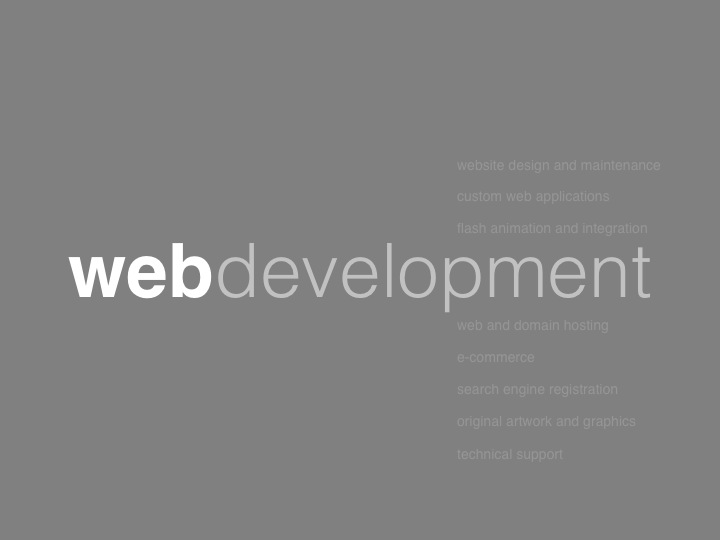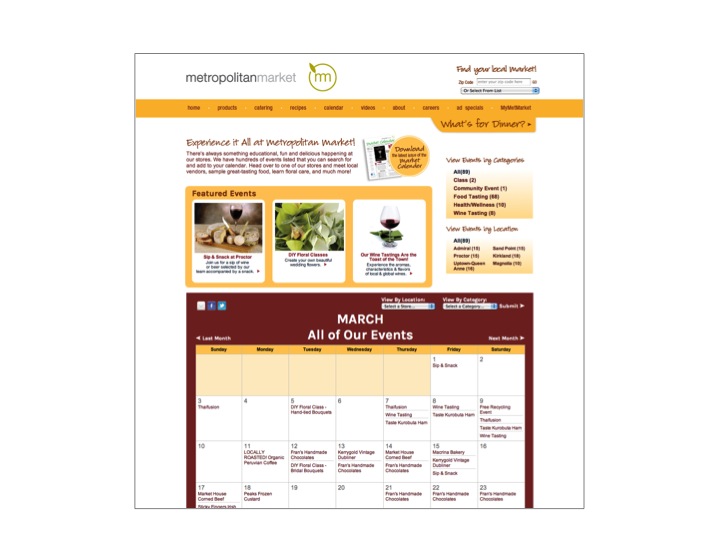DW's Blog
The Awareness-Surrender Connection: Finding Freedom Through Letting Go
by DW Green — July 9, 2025

“In surrendering control, we don’t lose power—we align with a power that transcends our limited perspective.”
Surrender is simply accepting the reality that we are not in control. When we set ourselves up to think we deserve, expect, or need certain things to happen, we are setting ourselves up for constant unhappiness and a final inability to enjoy or at least allow what is going to happen anyway. After a while, we find ourselves resisting almost everything at some level. It is a terrible way to live.
But here’s the crucial insight: without awareness, we remain blind to our own controlling patterns. We can’t surrender what we don’t recognize we’re grasping.
The Hidden Tyranny of Control
Most of us live under the illusion that we’re managing life well, making reasonable plans, setting healthy boundaries. But awareness reveals a deeper truth: we’re often engaged in an exhausting, futile battle to control outcomes that were never ours to control in the first place. We try to control:
- How others respond to us
- The timing of opportunities
- Our children’s choices and failures
- The progression of illness or aging
- Economic conditions and social change
- Even our own thoughts and emotions
Awareness acts like a gentle but persistent spotlight, illuminating these unconscious patterns of control. It shows us the moment we tense up when plans change, the subtle anxiety when we can’t predict outcomes, the way we manipulate conversations to get the responses we want.
The Gifts That Emerge Through Conscious Surrender
When awareness reveals our controlling patterns, and we choose to surrender them to a higher power, profound benefits begin to unfold:
Inner Peace Replaces Chronic Anxiety Instead of the constant stress of trying to manage the unmanageable, we discover a deeper calm. This isn’t passive resignation but an active trust in something greater than our limited perspective.
Authentic Relationships Flourish When we stop trying to control how others think, feel, or behave, we can finally meet them as they are. Love flows more freely when it’s not constrained by our need for specific outcomes.
Creative Solutions Emerge Our tight grip on how things “should” happen often blinds us to unexpected possibilities. Surrender opens us to solutions we couldn’t have imagined or orchestrated.
Resilience Deepens Instead of being shattered when life doesn’t go according to plan, we develop the capacity to flow with change, finding stability in our connection to the divine rather than in circumstances.
Compassion Expands Recognizing our own powerlessness cultivates humility and empathy. We become more patient with others’ struggles and limitations because we’ve faced our own.
The Practice of Aware Surrender
This isn’t about becoming passive or irresponsible. Surrendering to a higher power through awareness means:
Catching Yourself in the Act Throughout the day, notice when you’re trying to control outcomes. Feel the tension in your body, the worry in your mind, the urgency in your actions.
Pausing to Acknowledge “I’m trying to control this situation, but I can’t actually control the outcome. I can only control my response.”
Consciously Releasing Offer the situation to something greater than yourself—whether you call it God, the Universe, Divine Love, or simply the flow of life itself.
Acting from Trust Do what you can do, then release attachment to the results. This is the difference between responsible action and anxious control.
The Gap Between Understanding and Living
Here’s the honest truth: there’s often a vast chasm between understanding surrender intellectually and actually living it. We can write about catching ourselves in controlling patterns, nod our heads at the wisdom of letting go, and still find ourselves right back in that familiar grip of trying to manage the unmanageable when life throws us a curveball.
This gap isn’t a personal failing—it’s part of the human condition. We develop controlling patterns early, often as survival mechanisms, and they become so automatic that we don’t even see them operating. It’s like trying to observe your own eyeball; the very instrument we use to see becomes invisible to itself.
When we do catch ourselves trying to control, our first instinct is often to judge ourselves for it: “I should know better,” “I’m failing at this spiritual thing,” “Here I go again.” But that judgment is just another form of control, isn’t it? We’re trying to control our own spiritual progress.
Perhaps the practice isn’t about perfecting surrender but about becoming more gentle with our very human tendency to grasp. Each moment of noticing—even if it comes after hours of unconscious controlling—is still a small victory of consciousness over habit.
There’s an ancient prayer that captures this beautifully:
God be in my head and in my understanding. God be in my eyes and in my looking. God be in my mouth and in my speaking. God be in my heart and in my thinking.
Notice those “ing” words—understanding, looking, speaking, thinking. They remind us that awareness itself is dynamic, ongoing, alive. We’re not seeking a static state of perfect surrender but inviting divine presence into the very process of our daily experiencing. This transforms even our struggle with awareness into a form of prayer, a way of sanctifying our imperfect but sincere attempts to see our patterns with compassion rather than judgment.
The Deeper Invitation
As we face social uncertainty, economic fragility, and the vulnerability of our own bodies, awareness reveals that our attempts to control are not just futile—they’re keeping us from the very peace and connection we seek.
Surrendering to the divine flow through conscious awareness is not about giving in, capitulating, or becoming naive. It’s about a peaceful inner opening that keeps the conduit of living water flowing to love. Every time we let love orient us rather than our need for control, we participate in something infinitely larger than our individual will.
This is the profound paradox that awareness reveals: in surrendering control, we don’t lose power—we align with a power that transcends our limited perspective. We discover that what we thought was strength (our grip on outcomes) was actually exhaustion, and what we feared was weakness (letting go) is actually the source of unshakeable peace.
The practice is simple but not easy: stay awake to your controlling patterns, and when you catch yourself grasping, consciously release into the flow of divine love. This is how we learn to live with open hands and peaceful hearts, even in an uncertain world.
Read More – My Personal Kindest Thing
Filed Under: DW's Blog





















































